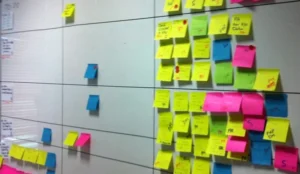Denise Corbin | President, Indiana Council for the Social Studies (ICSS)
Indiana is no stranger to redesigning its high school diplomas. As a veteran educator with 27 years of experience, I’ve witnessed several iterations of these changes. While the latest proposal under consideration represents an improvement over the initial version presented last spring, it still raises significant concerns—particularly for those of us in the Social Studies field.
The core elements of U.S. History, Government, and World History are rightly emphasized as foundational knowledge for students. However, this proposal overlooks two critical areas: Geography and Economics. These subjects are not mere electives; they are essential tools for students to navigate the increasingly globalized world they will inherit.
Consider this: many of today’s students will one day work for companies with international ties. To prepare them for this reality, they need more than a cursory understanding of other nations—they need to know where these countries are and how their economies operate. Geography equips students with spatial awareness and a global perspective, while Economics imparts a practical understanding of concepts that affect them daily, from personal finance to global trade. Ignoring these disciplines risks leaving students ill-equipped to succeed in a world that demands both cultural and economic literacy.
While the proposed diploma design allows for Geography and Economics to be offered as electives, the likelihood that students will take these courses depends heavily on the priorities of school counselors and administrators. Without strong advocacy from educators, these critical subjects may continue to be undervalued, leaving gaps in students’ education that could hinder their future opportunities.
It falls to us, the educators, to lead the charge. By engaging in constructive, data-driven discussions with counselors and administrators, we can emphasize the importance of these courses. We must make the case that these subjects are not optional add-ons but vital components of a well-rounded education that prepares students for the challenges of the 21st century.
Having seen both the successes and shortcomings of previous diploma changes, I remain optimistic about the power of local educators to effect meaningful change. With persistence, collaboration, and a commitment to our students’ futures, we can ensure that Indiana’s high school diplomas reflect the knowledge and skills our graduates truly need to thrive.




